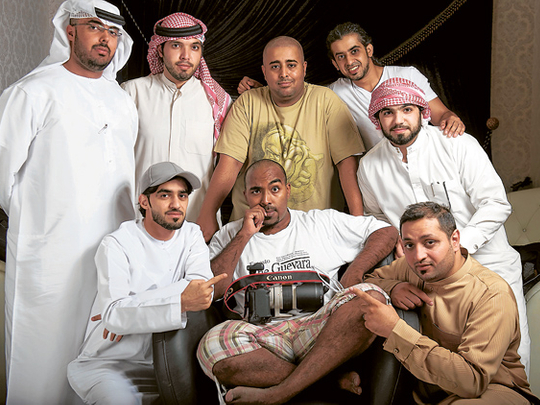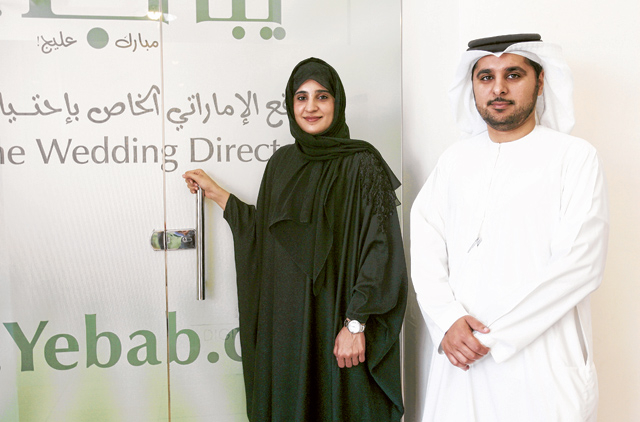
Dubai: The belief seems to be becoming stronger among Emirati males that the materialistic mentalities and attitudes of their peers towards mindless spending are changing as they serve as individual examples to dispel negative stereotypes.
A recent Gulf News report based on a study called ‘Nielsen Next: Understanding Youth in the UAE' conducted by the Nielsen Company revealed that Emirati males constitute the single biggest spending group among the country's youth.
Times are changing, aver a group of young men behind The moment.ae, an Emirati-led photography studio.
"The youths' mentality is not like before because we are being encouraged by the government and our leaders to focus our energy on productive things," said Mohammad Salem, co-founder of moment.ae. "This decadent mentality has changed as even private companies are trying to get the Emirati youth focused on productivity."
Salem added that although there are still youths who are inclined to spend lavishly on materialistic things, be it through bank loans or money acquired from their parents, they are now a minority. This is due to increased awareness and improved education, the young entrepreneurs reckon.
"The mentality has changed so much; when the money from the petrol first came out, materialism did take over," said Mohammad Idris, a photographer at moment.ae. "Youths are now realising they need ambitions to challenge themselves, because if they want a Bentley for example they need a proper strategy to get it, otherwise what's the point."
Supporting self-reliance
Organisations such as the Khalifa Fund for Enterprise Development and the Mohammad Bin Rashid Establishment for Young Business Leaders have also helped the youth look at life beyond the shopping malls.
"These organisations help youths get some direction as they are places they can go for support when they have ideas they want to turn into real ventures," said Abdul Aziz Al Yammahi, a photographer at moment.ae.
"Anyone of us with a dream can get support from these establishments and I've seen a lot of youths doing successful things because of them."
Ahmad Al Ka'abi, also a photographer at moment.ae, said negative stereotyping of Emirati youth was uncalled for. "These findings are wrong — in these times a lot of Emirati men are looking for work and they know they need qualifications and not to simply expect jobs," he said. "Some Emriatis come from rich backgrounds and get support from their families while a majority comes from middle class families and they have to make it by themselves."
The team behind moment.ae was a prime example, he said, adding that it was only their hard work which had helped the venture take off. "We started from noting but we had ambition and faith," said Al Ka'abi. "Sometimes we all get together and we have no cash in our pockets, we are literally broke, but we continue to work hard."
Murshed Mohammad Ahmad, co-founder of Yebab.com, an online wedding directory predominantly for Emirati brides, believes the materialistic beliefs espoused by some Emirati youths is common to all societies. "The UAE is like any other place in the world because there are people with money who spend without thinking and others who work hard," he said. "Amongst other nationalities such as Indians who are known to be frugal with their money, there are some people who spend lavishly.
Lavish spending
He added that due to the nature of his business, he knew that some expatriates would readily spend millions of dirhams on a wedding, overshadowing any Emirati extravagance.
The lavish spending by some UAE youths, Ahmad thinks, reflects the natural life progression after graduation. A majority of Emirati youths may find employment but they essentially still live at home with their parents and therefore take on minimal responsibilities.
"Living at home with their parents keeps them from paying rent or taking responsibility for household bills or food expenses," Ahmad said. "Therefore, they end up saving a lot of their salary which is later wasted or spent on unnecessary purchases."
Ahmad founded Yebab.com with his sister Mareyah Mohammad Ahmad in 2008 and went into business because of their strong hard-working ethics. "We were raised to view saving as important and not spend beyond our means," said Ahmad.













